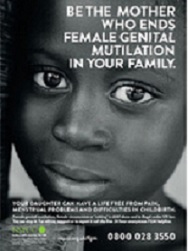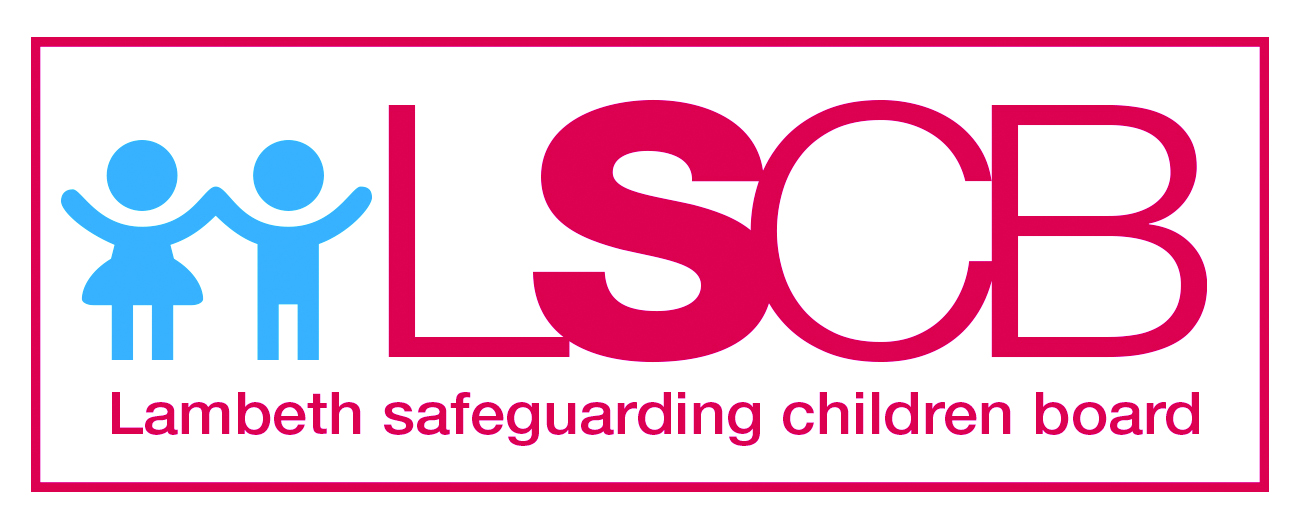Female Genital Mutilation (FGM)

Female Genital Mutilation (FGM) is a form of violence against women and girls and it is considered child abuse and is illegal. It comprises of all procedures involving partial or total removal of the external female genitalia for non-medical reasons. It may be carried out at any time in a girl’s life, from baby to womanhood, but the most common age for those FGM cases where the age is known is 5 to 9 year old girls. FGM can be seen as a pathway to womanhood and can also be a condition of marriage. Some communities believe that if a girl has not had it done she is deemed unhealthy, unclean, or unworthy. Parents can have very strong beliefs, genuinely thinking they are doing the right thing for their daughter, and in communities where all females have the procedure it can seem normal, then making it very difficult for girls to challenge this tradition.
FGM is child abuse and should be dealt with as part of existing child and adult safeguarding/ protection structures, policies and procedures.
In the UK, anyone found guilty of an FGM offence or of helping somebody commit one, faces up to 14 years in prison, a fine, or both, regardless of where in the world the FGM takes place. Anyone found guilty of failing to protect a girl from risk of FGM faces up to 7 years in prison, a fine, or both.
As of 31st October 2015 it has been mandatory to report cases of "known" FGM to the Police. The duty applies to all regulated professionals working within health or social care, and teachers. This mandatory requirement to report to police applies to ‘visually identified’ cases (the person observes physical signs on a girl appearing to show that an act of FGM has been carried out) or ‘verbally disclosed’ cases (a girl informs the person that an act of FGM – however described – has been carried out on her) of FGM in girls under 18. The mandatory reporting does not apply to suspected cases or where a child might be ‘at risk’ of FGM. Here is the NHS flowchart for the mandatory reporting process of FGM.
The Lambeth FGM guidance provides information on:
- identifying when a girl (including an unborn girl) or young woman may be at risk of FGM and responding appropriately to protect them;
- identifying when a girl or young woman has had FGM and responding appropriately to support them; and
- measures that can be implemented to prevent and ultimately eradicate the practice of FGM.

